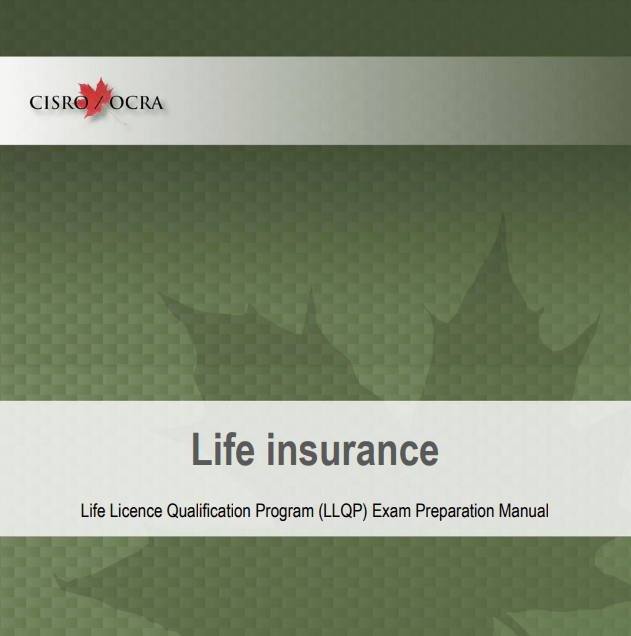
5 Defects to Avoid in a Contract
A contractual defect is a significant flaw in a contract that affects the intention to create a legal relationship, causing the contract to be void or voidable. This type of defect can be caused by:
• Misrepresentation
• Duress
• Undue Influence
• Unconscionable Acts
• Mistakes.
Misrepresentation
Misrepresentation is a false statement that causes or helps to cause a party to enter into a contract. The statement must be false, induce the party to enter into the contract and be considered a statement that would cause a reasonable person to enter into the contract.
If misrepresentation exists, the contract may be rescinded, meaning that the contract will be cancelled and the parties will be returned to their pre-contract states. If monies have been exchanged, they will be returned along with other items of value included in the contract. While there are exceptions to this rule, rescission is a common result of misrepresentation.
Duress
Duress is defined as a threat or act, whether aimed at personal property or a person that induces or causes another person to perform some act against his or her will. This can be actual or perceived physical force directed against the party or a family member, and does not have to be performed by a party to the contract as long as the party benefiting knows of the threat. If duress is present, a contract is voidable.
Undue Influence
Undue Influence can be described as any pressure or act of persuasion, short of physical force and therefore not meeting the definition of duress, that overcomes an individual’s judgment and free will. Courts have found opportunity for undue influence in confidential relationships between husband and wife, those engaged to be married, parent and child, trustee and beneficiary, and so on. Under these circumstances, the contract would be void.
Unconscionable Acts
An unconscionable contract is one that is deemed so unfair to a party that no reasonable or informed person would agree to it. For example, if an intellectually challenged individual is taken advantage of by one party to a contract, the courts would likely deem this to be an unconscionable act and void the contract.
Mistake
A mistake generally occurs when one or more parties to a contract realize there was a misunderstanding about a fundamental term or condition of the contract. It is important to note that courts do not always provide relief to parties affected by a mistake, as it depends on the scope and breadth of the mistake.
Mortgage brokering in Ontario is regulated by the Financial Services Commission of Ontario (FSCO) and requires a license. To obtain a license you must first pass an accredited course. The Real Estate and Mortgage Institute of Canada Inc. (REMIC) is accredited by FSCO to provide the course. For more information please visit us at www.remic.ca/getlicensed or call us at 877-447-364
FREE WEBINARS: Topics include: commercial mortgage, mortgage investments, private mortgages, lead generation and more!
You may also be interested in our article about managing your client database: Close More Deals By Leveraging Your Client Database
Here’s how to win at your next client meeting: How to Win a Face-2-Face Client Meeting
Looking to get more referrals? Read our article: 8 Dynamite Ways to Get More Mortgage Referral Sources
If you found this article helpful, please share it with your community!











